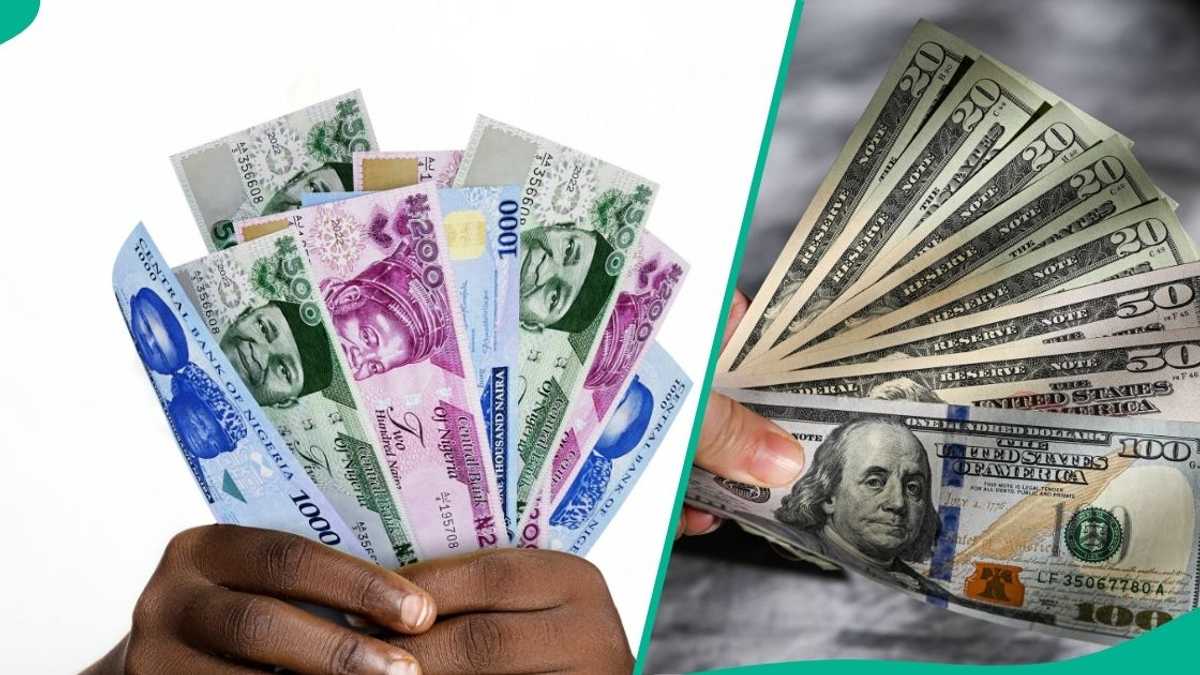How CBN Injected $50M to Stabilize Slipping Naira

Naira Faces Pressure in Official FX Market Amid Rising Demand
The Nigerian naira has experienced a decline in the official foreign exchange (FX) market, marking a shift from several days of gains against the US dollar. This development has been attributed to increased demand for foreign currency, particularly as banks have resumed Naira debit card payments for offshore transactions. The Central Bank of Nigeria (CBN) has reportedly injected $50 million into the FX market to ease pressure on the local currency.
Exchange Rate Trends and CBN Interventions
According to recent data from the CBN, the naira weakened at the official window, with the exchange rate settling at N1,530.26 per dollar on July 11, 2025, compared to N1,525 the previous day. This represents a depreciation of N10 over two days, reflecting heightened demand for dollars for international payments.
In the parallel segment of the FX market, the dollar spot rate remained stable at N1,535, consistent with the rate observed on July 10, 2025. This stability is linked to steady demand for the US dollar in the informal market.
The CBN also reported that the intra-day high for the NFEM rate reached N1,535 per dollar, while the low was recorded at N1,516 before closing at N1,532. The bank explained that the new exchange rate is determined through a volumed-weighted mechanism, serving as the official rate for the day.
External Reserves and Economic Outlook
Despite the depreciation, Nigeria’s external reserves have continued to grow, reaching $37.355 billion. This increase occurred without any significant FX interventions in the currency market, supported by inflows from various foreign sources, including recent open market operations auctions.
However, the outlook for Nigeria’s oil and gas sector remains complex. Market Forces Africa highlighted that non-OECD economies are expected to account for 86% of global demand growth, while OECD demand is projected to decrease by 120,000 barrels per day due to energy transition policies and economic stagnation.
The International Energy Agency (IEA) has revised its 2025 demand growth projections downward to 741,000 barrels per day, below pre-trade war estimates. This shift underscores the challenges facing the global oil market, particularly as OPEC+ seeks to regain market share amid potential oversupply.
Impact of Debit Card Payments on FX Outflows
The reactivation of Naira debit cards by several Nigerian banks for offshore transactions has raised concerns among analysts. They predict that this move will likely lead to increased foreign exchange outflows in the second half of 2025. With more Nigerians accessing their funds for international payments, the pressure on the naira could intensify.
This trend comes at a time when Nigeria’s foreign exchange earnings from hydrocarbons remain uncertain. Oil markets are expected to face moderate oversupply as OPEC+ works to stabilize prices. Meanwhile, non-OPEC supply from the US and Brazil continues to expand, albeit at a slower pace than in previous years.
Global Economic Factors and Price Stability
The combination of continued supply growth and subdued demand—driven by slow global GDP growth and a plateauing Chinese economy—creates a challenging environment for price stability. These factors are likely to influence both the oil market and the broader Nigerian economy.
Earlier in the week, the Nigerian currency had shown relative stability against the US dollar. On July 7, 2025, the CBN reported that the NFEM rate remained flat, closing at N1,529.50 per dollar, compared to N1,528 on July 4, 2025. However, the recent depreciation highlights the ongoing volatility in the FX market.
As Nigeria navigates these economic challenges, the role of the CBN in managing the naira’s value will be critical. With external reserves growing and global market conditions evolving, the central bank must balance intervention strategies to maintain stability while supporting economic growth.
Posting Komentar